About the speakers at the Lyberg conference
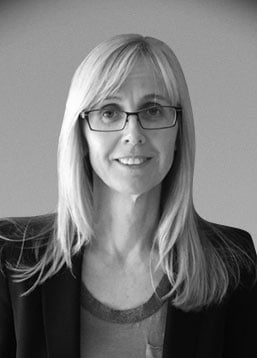
Lilli Japec
Dr Japec has over 30 years of experience in statistics production, survey methodology and quality management. She has held various positions at Statistics Sweden such as Director of Research and Development and Quality Director. She has chaired and been member of numerous international task forces e.g., she chaired the American Association for Public Opinion Research's (AAPOR) Task Force on Big Data together with Professor Frauke Kreuter. Dr Japec has authored and co-authored a number of book chapters and research papers on survey quality topics and recently she was one of the editors of the monograph ”Big Data Meets Survey Science-A Collection of Innovative Methods” (2021) published by Wiley. In 2021 Dr Japec was one of the recipients of the AAPOR’s Warren J. Mitofsky Innovators Award.
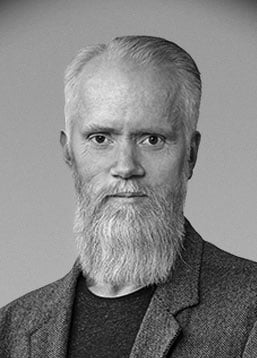
Johan Martinsson
Johan Martinsson is a lecturer and researcher in Political Science and Director at The SOM Institute at the University of Gothenburg in Sweden. His field of expertise is voting behavior, survey methodology, and people's attitudes regarding environmental issues.
Johan Martinsson is a member of Demoskop’s scientific board.
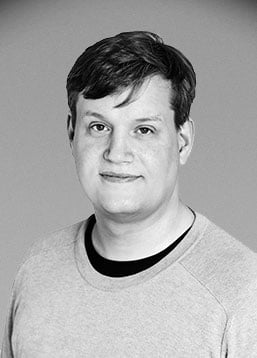
Måns Magnusson
Måns Magnusson is an assistant professor in Statistics at Department of Statistics, Uppsala University. Before joining Uppsala University, he was a postdoc under Aki Vehtari at the Department of Computer Science at Aalto University, Finland and he holds a PhD from Linköping University, Sweden, supervised by Mattias Villani. In 2019, Magnusson was awarded the Cramér prize for the best dissertation in Statistics and Mathematical Statistics in Sweden.
Måns Magnusson is a member of Demoskop’s scientific board.
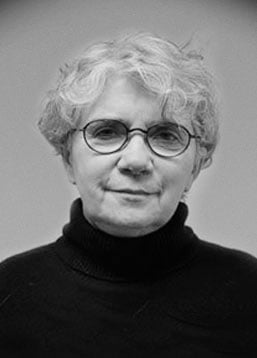
Claire Durand
Claire Durand is a professor of Methodology in the Department of Sociology, Université de Montréal.
She is the outgoing president of the World Association for Public Opinion Research (WAPOR). Her research deals with the impact of Methodology on the quality of survey estimates and on the use of multilevel analysis to analyze harmonised data sets related to institutional trust. She has particularly focused her research on electoral polls, on the impact of modes of administration, and sampling sources on the estimation of the vote in the U.S., France, UK, and Canada.
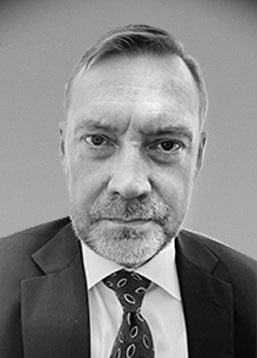
Joakim Malmdin
Joakim Malmdin is an Advisor, Statistics Sector, at Statistics Center Abu Dhabi. He holds a Ph licentiate from Umeå University, Sweden.
He has also worked for Swedish Statistics for several years where he, among other roles, held the position as the Director of Quality Management and Head of Method Unit. He has previously been the chairperson of Swedish Statistical Society.
Joakim Malmdin is a member of Demoskop’s scientific board.
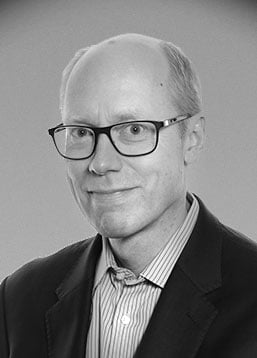
Jouni Kuha
Jouni Kuha is a professor of Social Statistics at London School of Economics and Political Science (LSE).
His methodological research focuses on statistical methods which are motivated by applications of statistics in the social sciences. He also collaborates with social scientists in various disciplines on substantive research projects on different topics. He has been a member of the analysis and prediction team of the exit poll for the four most recent UK parliamentary elections, and was a member of the expert panel which examined the reasons for the poor performance of the national pre-election polls before the 2015 election.
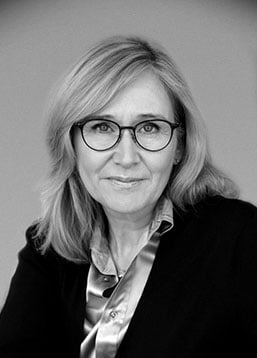
Karin Nelsson
Karin Nelsson is the Managing Partner of Demoskop AB. She has 30 years of experience from the survey research industry both as an international executive and as an entrepreneur. She specializes in public opinion and election polling and she is especially interested in the future of survey research. This includes big data, data driven research and quality management. Karin Nelsson is a member of Esomar, AAPOR, Statistikfrämjandet and Surveyföreningen. She is an experienced moderator and speaker at conferences and a frequent guest expert in media.
Demoskop is a fact based agency providing insights and recommendations to their clients based on high quality data and advanced analytics. Their expertise is in public opinion polling, election polling, branding and communication, finance, sustainability and other data-driven research. They do not take policy positions.
Demoskop was founded in 1989 and merged with Inizio in 2019. They collect data in many different ways, more and more digitally, and share their insights in the format their clients request, often in dashboards and in real time. Their clients are facing complex challenges in a world undergoing massive change.
